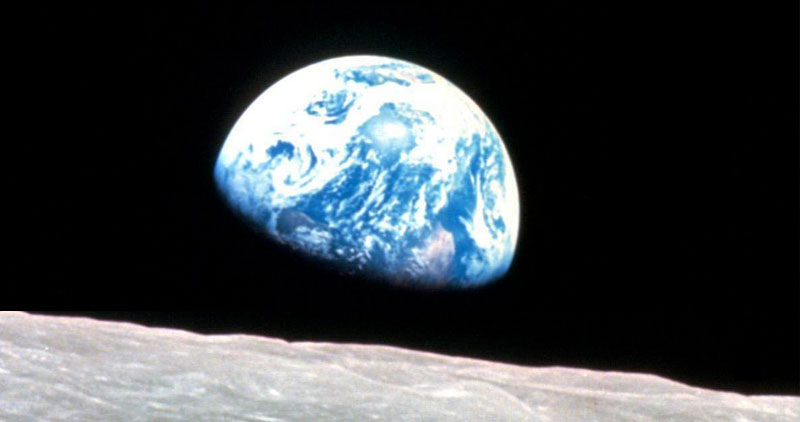
The challenges facing the world ocean have never been more critical than they are today. Almost every aspect of the ocean — its health, its productivity, its management — is under attack, and, while there are thousands of organizations and millions of people engaged in response, we still seem to be losing ground.
How to choose among the issues and the strategies? What individual or organization makes the most sense as focused resistance? What specific action should be taken at what level of living? As an individual, a family, a community, a nation? And how do we project the outcome and by what measure? I ask these questions every day, and every day I can come up with a different conclusion about where to place my energy and resolve as a Citizen of the Ocean.
We like lists, as order and instruction, and here is one published in May 2019 by a collective of 15 distinguished international ocean scientists and policy experts, under the coordination of the International Programme on the State of Ocean (IPSO) entitled Eight Urgent, Fundamental and Simultaneous Steps Needed to Restore Ocean Health, and the Consequences for Humanity and the Planet of Inaction or Delay. There are other such lists, but this one will serve to illustrate the need, the range, and the urgency of directed response.

The questions posed are as follows:
- What are the major gaps in ocean protection and conservation?
- Which three interventions would make the biggest positive impacts in arresting the trajectory of ocean decline?
- What one action should be taken within the next three years if we are going to make a difference in time, or what do we have to do now because delay will mean the negative impacts will be irreversible and catastrophic?
- Are there recent trends in ocean change that, in your view, are cause for concern and need more attention?
- If you had the power, what would you change or implement tomorrow?
In its published report, the group consensus identified the following eight priority actions needed to divert ecological disaster in the global ocean:
- Address climate change and implement policies to limit temperature rise to 1.5 C, but to prepare for 2–3 C rise;
- Secure a robust and comprehensive High Seas Treaty with a Conference of the Parties and a Scientific Committee;
- Enforce existing standards for effective Marine Protected Areas…and extend their scope to fully protect at least 30% of the ocean, including representation of all habitats and the high seas, while ensuring effective management to prevent significant adverse effects for 100% of the rest of the ocean;
- Adopt a precautionary pause on deep-sea mining to allow time to gain sufficient knowledge and understanding to support informed decisions and effective management;
- End overfishing and destructive practices including illegal, unreported and unregulated fishing;
- Radially reduce marine water pollution;
- Provide a financing mechanism for ocean management and protection;
- Scale up scientific research on the ocean and increase transparency and accessibility of ocean data from all sources.

The paper adds one important perspective not always included: “Once detrimental or negative changes have occurred, they may lock in place and may not be reversible. Each change may represent a loss to humanity of resources, ecosystem function, oxygen production and species. Thus, we may think we can simply stop doing things and assume that previous conditions…will return, when in reality the longer we pursue damaging actions, the more we close the path to recovery and better ocean health and greater benefits for humanity in the future.”
The prospect described is daunting. Just pick one recommended action, and consider how much planning, effort, funding, and governance would be required to come close to meeting the transformative objective. The paper concludes, “The challenges may seem insurmountable, but if we act now, and enforce the eight themes outlined, even with our current state of knowledge…a more positive and sustainable future for the ocean is possible. Acting now with urgency and a massive increase in the level of ambition has to be the no-regrets policy to protect us and future generations from our short-termism and ignorance about why a healthy ocean should and does matter to all of us.”
Do we have the ambition to survive? Now, there’s a question.



